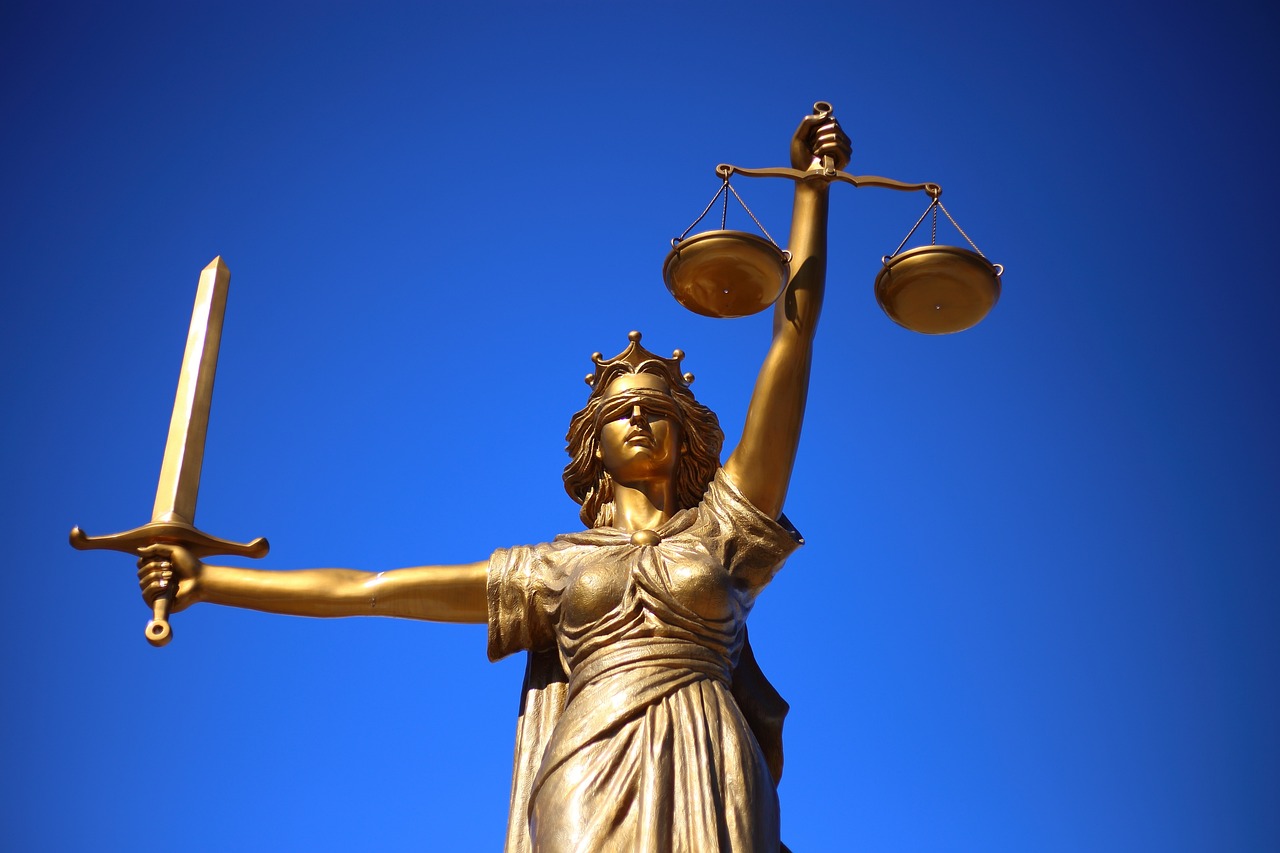Helpline: +91 94651-19900 | Email: info@consumerseva.com
E-commerce has revolutionized how businesses operate. It has also transformed the landscape of trademark law. Local brands are no longer confined to their home markets. They now face global competition and challenges. Trademark violations have become an international issue. Businesses must strategically navigate these complexities.
Huda Beauty, a famous American-based cosmetic brand, is popular globally. Despite its registered trademark, e-commerce has led to various fake products being sold under its name. This issue impacts both the brand owner and consumers. Fake cosmetic products can cause health issues or skin diseases. It’s hard to identify counterfeit products online. These fake products are sold on different platforms, making it challenging to control

Global Reach and Local Laws
E-commerce gives brands a global reach. However, trademark laws are still local. A trademark may be protected in one country but not another. For example, Apple Inc. faced trademark issues in China with local companies using similar names. Businesses must understand and comply with varying trademark laws. This often requires multiple registrations. Without international protection, a brand can be vulnerable to infringement abroad.
Enforcement Difficulties
Enforcing trademarks internationally is challenging. It can be complex and costly. Different legal systems have different procedures and requirements. For instance, in 2019, Nike had to engage in legal action in Japan against counterfeiters. Businesses may need to engage in legal action in multiple countries. This requires substantial resources and expertise. Successful enforcement depends on understanding these diverse legal landscapes.
Counterfeiting and Infringement
The internet makes it easier for counterfeiters to sell fake products globally. Businesses face significant threats from counterfeit goods. Infringement can occur anywhere in the world. For example, luxury brands like Louis Vuitton and Gucci constantly battle counterfeit goods online. Companies need robust strategies to combat these activities. Monitoring and taking action against counterfeiters is essential to protect brand integrity.
Domain Name Issues
Securing domain names that match trademarks can be difficult. Cybersquatting is a common problem. In 2015, Taylor Swift faced cybersquatting issues when a fan registered TaylorSwift.porn and TaylorSwift.adult. Individuals register domain names of well-known brands to sell them at a profit. Businesses must be proactive in securing relevant domain names. This includes variations and country-specific domains. Failure to do so can lead to brand dilution and consumer confusion.
Brand Consistency
Maintaining brand consistency while complying with local laws is crucial. Different regions have diverse legal and cultural norms. For example, Pepsi had to adjust its branding in China to ensure cultural appropriateness. Businesses may need to adjust marketing strategies accordingly. Ensuring a consistent brand image across different markets can be challenging. This requires careful planning and execution.
Strategic Approaches to Overcoming Challenges
Businesses must adopt strategic approaches to manage international trademark issues. Here are key strategies:
Comprehensive Trademark Registration
Register trademarks in all key markets. Consider using international treaties like the Madrid Protocol. This simplifies the registration process. Comprehensive registration provides broader protection. It also deters potential infringers. For instance, Coca-Cola’s trademark is registered in over 200 countries, ensuring extensive protection.
Monitoring and Enforcement
Invest in monitoring services to detect trademark infringements online. Take prompt legal action against infringers. Monitoring helps in identifying counterfeit products and unauthorized sellers. For example, Amazon uses sophisticated algorithms to detect counterfeit listings. Early detection and swift action are crucial in protecting brand integrity.
Legal Expertise
Employ legal experts familiar with international trademark laws. Navigating different jurisdictions requires specialized knowledge. Legal expertise ensures compliance with local laws. It also aids in effective enforcement of trademark rights. Companies like Microsoft have dedicated legal teams for managing global trademarks.
Consumer Education
Educate consumers about genuine products and authorized sellers. This reduces the impact of counterfeit goods. For example, Nike runs campaigns to inform customers about authentic products. Clear communication about authenticity helps in building trust. Consumers can then make informed purchasing decisions.
Technology Solutions
Use advanced technologies like AI to track counterfeit products. AI can monitor various platforms for infringement activities. For example, Alibaba uses AI to identify counterfeit goods on its marketplace. Technology solutions provide real-time detection and analysis. This enhances the ability to combat trademark violations effectively.
Conclusion
E-commerce has created new challenges for trademark law. Businesses must strategically navigate these complexities. By adopting comprehensive registration, robust monitoring, legal expertise, consumer education, and technology solutions, companies can protect their brands. Effective management of international trademark issues is crucial in the global e-commerce landscape.
For more information visit us at: info@consumerseva.com
For further queries contact us at: http://www.consumerseva.com




